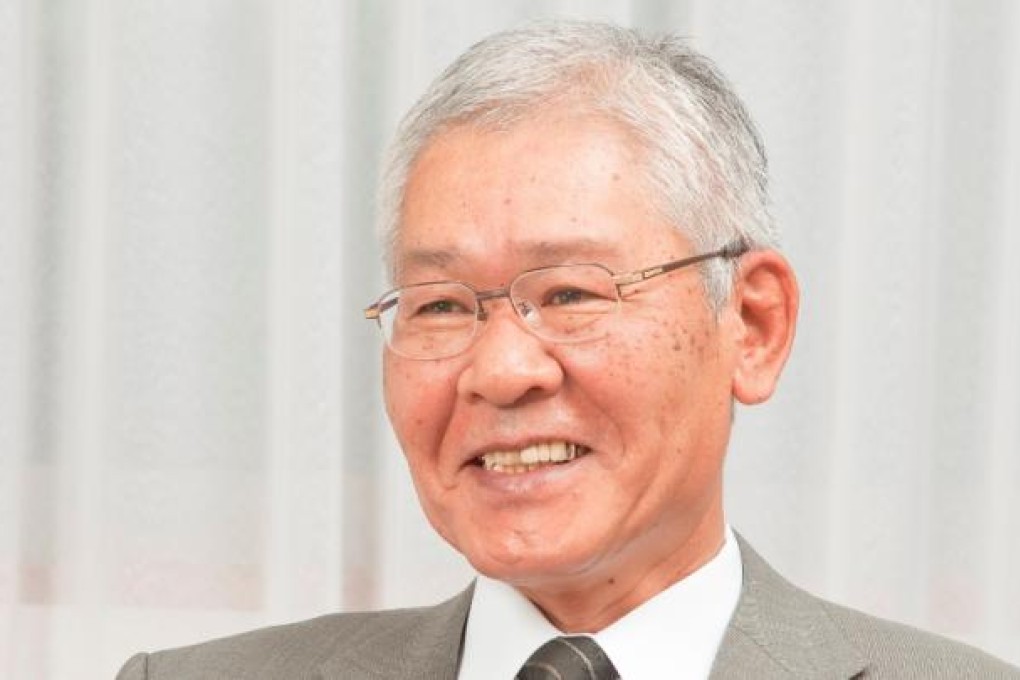JNC expansion to serve high-growth industries
Discovery Reports

Backed by more than 100 years of technological expertise, JNC is among a few manufacturers in the world that can satisfy the rapidly expanding demand for liquid crystal applications, hygiene materials and plastic compounds for vehicles. Accelerating expansion on the mainland to support these high-growth industries, JNC is also transferring its bio-reactor technology to address wastewater treatment needs on the mainland.
Taking over the business activities of Japanese chemicals company Chisso, JNC started operating in April last year. The company's core product is liquid crystals, which are mainly used for liquid crystal display (LCD) televisions and computer monitors. With the stagnant market climate for LCD-based electronics, JNC is diversifying into high-growth industries which can leverage its technology. Its market expansion is focused on the production and sales of non-woven fabrics such as disposable diapers and other hygiene materials and the plastic compounds business for the automotive industry.
JNC is embracing responsibility for the assurance of steady supply in these rapid growth industries.
Advancing its non-woven fabrics business, JNC will open a new manufacturing plant in Suzhou by next year to support the remarkable growth in the mainland's hygiene materials industry.
Non-woven fabrics used in such products as disposable diapers and sanitary napkins are made from thermo-bondable bi-component fibres (ES fibres) combining two types of resins with different melting points. Requiring no adhesives, non-woven fabrics are distinguished for being safe to the skin. JNC is highly acclaimed for its top quality ES fibres and amenability to processing customer specifications.
The upcoming Suzhou plant will complement JNC's existing facilities in Guangzhou and Changshu, Jiangsu province. The Guangzhou plant has production capacity for 10,000 tonnes of ES fibre and 7,200 tonnes of through-air non-woven fabrics. The Changshu facility is a 4,800-tonne capacity non-woven fabrics plant.
JNC is also in the process of commercialising cartridge filters for liquid application, which are made from ES fibres. Such filters are mainly used to process paint chemicals, vehicle parts, electronics and liquid crystals. JNC has established a sales company in Hunnan, Shenyang city - where many factories are located - to cater to the demand for high-reliability filter products. Non-adhesive filters are increasingly being used to manufacture high-quality products on the mainland. JNC also opened a new plant in Vietnam in May to fill Southeast Asia's expanding need for high-grade industrial filters.
In the plastic compounds business, long glass-fibre reinforced thermoplastic resins are in great demand in the mainland's automotive industry. With their strong rigidity and impact resistance, thermoplastic resins are mainly used to replace some metal parts to make vehicles lighter. While the resin has so far been exported from Japan, there are increasing demands for extending the mainland's local supply capacity. With local manufacturers making inroads in rapid succession, JNC is also building a plant in Jiangsu in an attempt to achieve full-scale production within the year.
With many promising results obtained in Japan from the bio-reactor system based on soil-dwelling fungi, JNC is rolling out this new technology on the mainland to meet wastewater treatment needs. The bio-reactor system has earned acclaim as a cutting-edge technology for suppressing bad smells of highly contaminated wastewater and for recycling the sludge into fertiliser.
JNC has already been issued three licences on the mainland for its bio-reactor system. It is keen on forming partnerships with local manufacturers to extend the environmental benefits of the technology.
With "market-in" as the main objective of its strategy for the mainland market, JNC's goal is to expand business by constantly responding to corporate customers' needs.